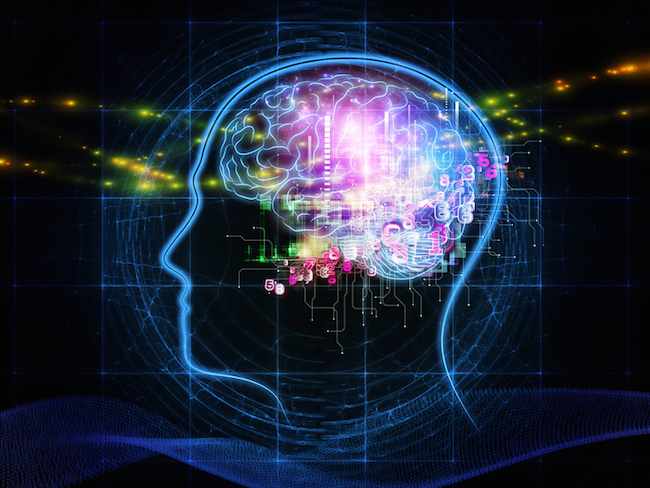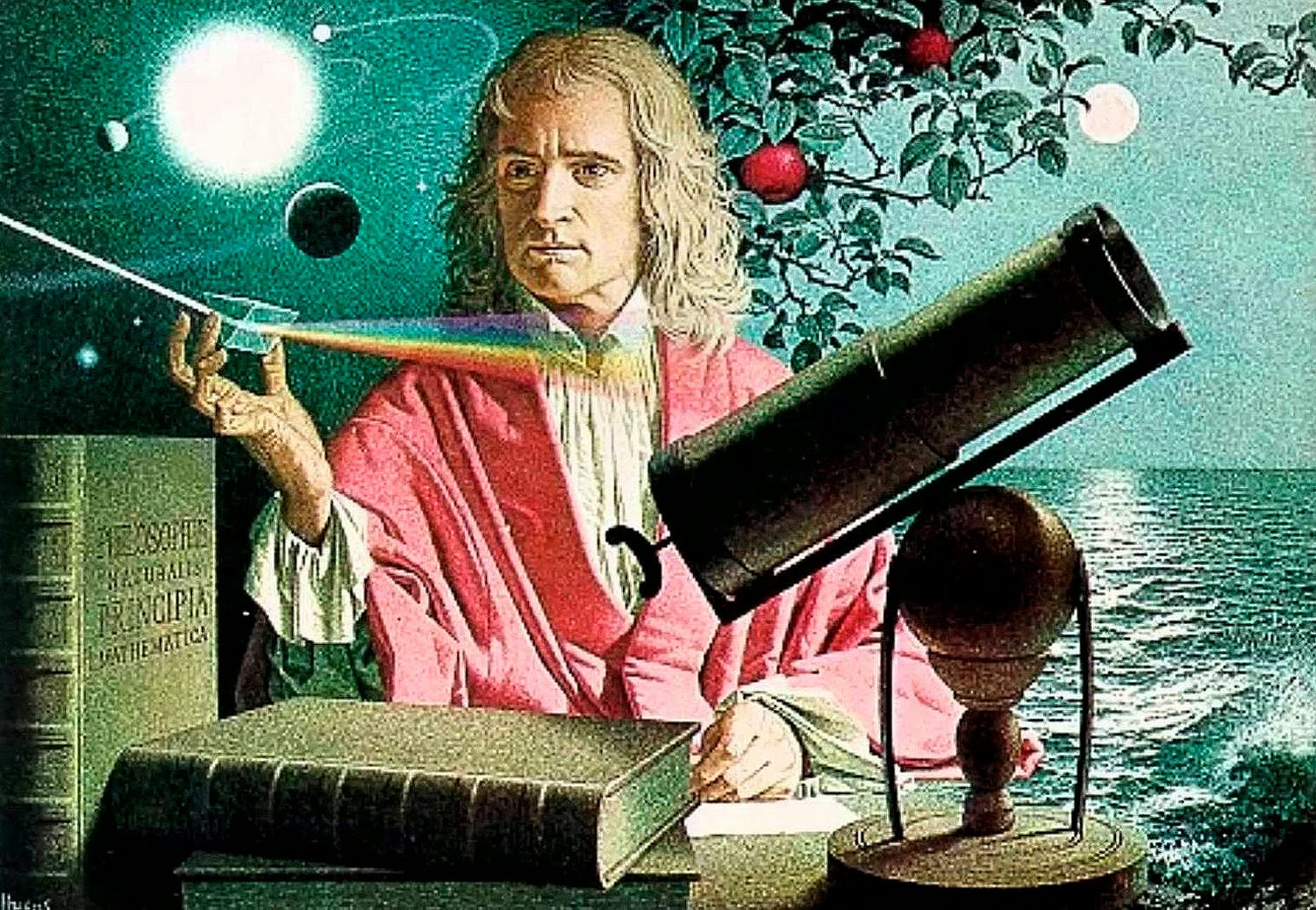I’ve encountered many highly educated people who cannot tell the difference between an idea and an insight. To my mind, there is no more important distinction that a human being can make. So what is the difference?
Ideas are products of the mind that include conceptions, imaginings, opinions and beliefs. Insight is none of these things, since insight is not produced by the mind.
Then where do insights come from? Insight flows from the same source as creation, which didn’t just occur with the Big Bang 13.7 billion years ago, but is occurring every moment in the universe, and potentially, within us as human beings.
Ideas are always about people or things. Insight, on the other hand, literally means ‘seeing into.’ It is a flash of understanding, which may last a moment or a lifetime.
To have insight we must remain with what is without the illusion of the separate observer. Ideas and ideals take us away from what is, and prevent insight, understanding and freedom from what is.
 With ideas, one goes from a conception to action. There is gap or gulf between idea and action, which we are continually trying to bridge.
With ideas, one goes from a conception to action. There is gap or gulf between idea and action, which we are continually trying to bridge.With insight on the other hand, there is no duality, no division between thinking and doing. When one has an insight, one sees the right thing to do and does it. Seeing and acting are one movement.
Another difference is that ‘I’ have ideas, but insights come to one. Ideas are as plentiful as thoughts, but every insight is unique, and only come to a receptive mind in which the soil has been prepared through questioning and passion.
Many people are familiar with scientists having great insights. Isaac Newton pondered the motion of objects, and then one day, as the story goes, he observed an apple fall from a tree and had his famous insight into gravity.
As one scientist put it, “Newton’s truly brilliant insight was that if the force of gravity reaches to the top of the highest tree, might it not reach all the way to the orbit of the Moon?”
This gave Newton the insight that the orbit of the Moon about the Earth was a consequence of gravitational force. He saw gravity applied this to all objects in the universe. Thus he discovered the “Universal Law of Gravitation.” It is a thing of beauty, even for a non-scientist and non-mathematician like myself.
Since Newton, we think that insights always get turned into knowledge, but that makes insight less important than knowledge. I’m suggesting that the value of insight is much greater than knowledge in our daily lives. 

Rather than have ideas, images and opinions about people and things, we can have insights people and things every day. That is true learning.
We are familiar with the kind of learning involving knowledge and skill, which is essentially accumulative. But there is a kind of learning that is not accumulative, and does not involve knowledge, experience and memory.
This kind of learning requires unlearning what we know and think we know. Indeed, growth as a human being requires the feeling, ‘I don’t know.’ Not only because that is the basis of humility, but because the feeling ‘I don’t know’ opens the space and receptivity within one for insight and understanding.
In the East and now the West, there are many methods of meditation. But true meditation has no method or system. It is simply the art of undivided observation, which means a quality of observing that includes and dissolves the separate observer.
Insight is always spontaneous, wordless, and of the moment. No one can have an insight for another person, since insight is not transmissable like knowledge. We all have the capacity for insight, and with the help of good teachers, we can awaken that capacity within ourselves and keep it alive and growing our entire lives.
To be a human being is to be on journey of non-accumulative learning. But to learn in this way adults have to un-learn what they have been conditioned to believe is true. Is it possible for children and young people not to be conditioned, and to grow in insight?
When the mind-as-thought falls completely silent in undivided, undirected attention to everything outside and inside oneself, the brain comes into contact with infinite insight, which is love, creation, and the ‘mind of God.’
Martin LeFevre

